The Spiritual Meaning of Halloween
Halloween is a widely celebrated holiday that is deeply rooted in spiritual symbolism. It has come to be known as a day of fun, costumes, and candy, but its origins reveal a profound connection to the spiritual realm. On this eerie night, the veil between the world of the living and the world of the dead is said to be at its thinnest, allowing for powerful spiritual encounters and connections.
History and Origins
The ancient Celtic festival of Samhain marks the historical origin of Halloween. It was celebrated by the Celts to honor the end of the harvest season and the beginning of the darker half of the year. During this time, they believed that the spirits of their ancestors returned to visit the Earth, and they would light bonfires and dress in costumes to ward off evil spirits.
The Symbolism of Costumes
Spiritual Meaning of Halloween: The practice of wearing costumes on Halloween carries significant symbolism. People dress up as various supernatural beings, creatures, or even historical figures to mask their true identities and imitate the spirits believed to be roaming the Earth. This tradition allows individuals to tap into their own sense of mystery and embrace different aspects of their personality.
Pumpkins and Jack-O’-Lanterns
One of the most iconic symbols of Halloween is the pumpkin, which is often carved into a spooky face and illuminated from within by a candle. This tradition finds its origin in the tale of Stingy Jack, a mythical character who was denied entry to both heaven and hell. He was condemned to roam the world with only a hollowed-out turnip and a burning coal to light his way. The pumpkin became the modern substitute for the turnip, marking the spiritual presence of Stingy Jack and other wandering souls.
The Significance of Darkness
As Halloween takes place during the transition from autumn to winter, the lengthening nights and shorter days bring a deeper connection to darkness. Spiritual meaning of Halloween: Darkness symbolizes the unseen, the mysterious, and the unknown. It invites individuals to confront their fears and embrace the shadows within themselves. The darkness holds the promise of transformation, growth, and new beginnings.
Trick-or-Treating and Community
In recent times, trick-or-treating has become a popular Halloween tradition where children go from door to door, dressed in costumes, and receive candy and treats. This practice extends beyond mere collecting of sweets; it also signifies the importance of community and sharing. By participating in this activity, people strengthen their bonds with neighbors and create a sense of unity within the community.
Conclusion
Halloween is not just a day for dressing up and indulging in sugary delights; it holds deep spiritual meaning. It allows us to remember our ancestors, confront our fears, and connect with the unseen world. Embracing the spiritual significance of Halloween can bring a profound sense of wonder, mystery, and personal growth into our lives.
Halloween: Exploring its Spiritual Significance and Ancient Origins
Halloween, also known as All Hallows’ Eve, holds a significant spiritual meaning that goes beyond its modern-day association with costumes and candy. Its origins can be traced back to ancient Celtic traditions, particularly the festival of Samhain, which marked the end of the harvest season and the beginning of winter. During this time, it was believed that the boundary between the physical world and the spirit realm became thin, allowing spirits to freely roam the earth.
The spiritual significance of Halloween lies in its connection to the cycle of life and death. It serves as a reminder of the impermanence of our physical existence and the belief that there is an eternal spiritual dimension beyond this earthly plane. It is a time to honor and remember our ancestors, acknowledging their presence and seeking their guidance and protection.
In many spiritual practices, Halloween is seen as an opportunity for introspection, self-reflection, and spiritual growth. It is a time to confront our fears, face our shadows, and release any negativity or emotional baggage that may be holding us back. It offers a chance to connect with our inner selves, explore the depths of our psyche, and embrace our true essence.
Throughout history, various cultural and religious influences have shaped the way Halloween is celebrated today. Christianity, for example, incorporated elements of the ancient Samhain festival into All Saints’ Day and All Souls’ Day, honoring saints and praying for the souls of the departed. This blending of traditions further emphasizes the spiritual nature of the holiday.
In conclusion, Halloween holds a deep spiritual significance rooted in ancient Celtic traditions and the cycle of life and death. It serves as a time of remembrance, introspection, and spiritual growth, allowing individuals to connect with their inner selves and seek guidance from the spiritual realm. Embracing the spiritual meaning of Halloween can enhance our understanding of the interconnectedness of all things and bring deeper meaning to this beloved holiday.





